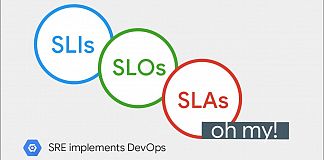
SRE(site reliability engineering) was first coined in 2003 at Google as a drive towards reliability. As Google asked their software engineers to prioritize reliability as they collectively worked towards efficiency and scalability goals, new approaches were needed to solve the underlying weaknesses in traditional paradigms. Over time, these approaches coalesced into Site Reliability Engineering as a general practice, with a primary focus on the leveraging of automation, tools, and processes.
As SRE(site reliability engineering) evolved, solutions such as on-call monitoring, automation for capacity planning and scaling, and disaster response planning were added to the SRE playbook. These and a general concept of automation towards resolutions became core facets of the SRE approach. In basic terms, SRE is about improving operational reliability and efficiency.
Ben Traynor, VP of engineering at Google and founder of Google SRE, pinpointed the essence of the SRE role in this interview:
“SRE is fundamentally doing work that has historically been done by an operations team, but using engineers with software expertise and banking on the fact that these engineers are inherently both predisposed to, and have the ability to, substitute automation for human labor. In general, an SRE team is responsible for availability, latency, performance, efficiency, change management, monitoring, emergency response, and capacity planning.”
SRE(site reliability engineering) is what you get when you treat operations as if it’s a software problem. Our mission is to protect, provide for, and progress the software and systems behind all of Google’s public services — Google Search, Ads, Gmail, Android, YouTube, and App Engine, to name just a few — with an ever-watchful eye on their availability, latency, performance, and capacity.
DevOpsSchool’s (Site Reliability Engineer) SRE Certification is a roadmap to the principles & practices that allows an organization to reliably and economically scale Developement to Ops and Productions.
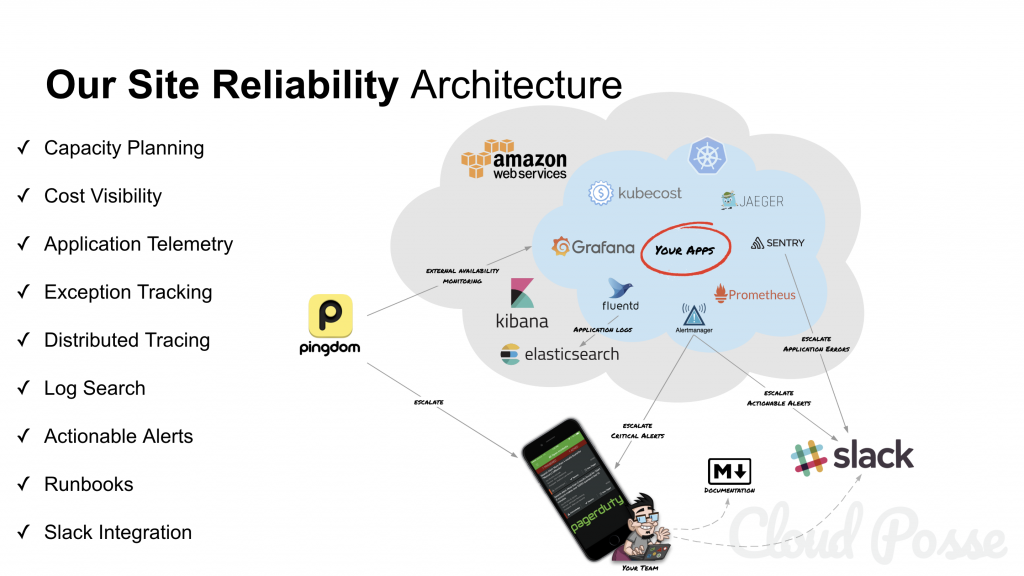
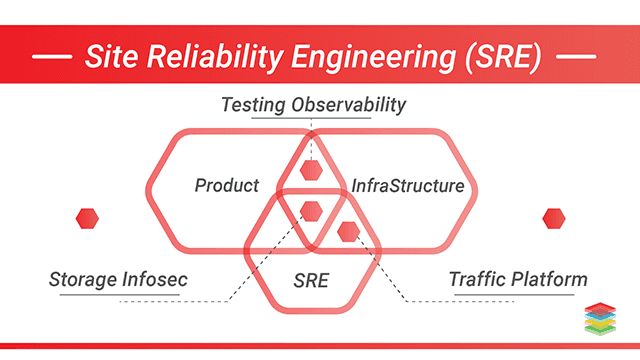

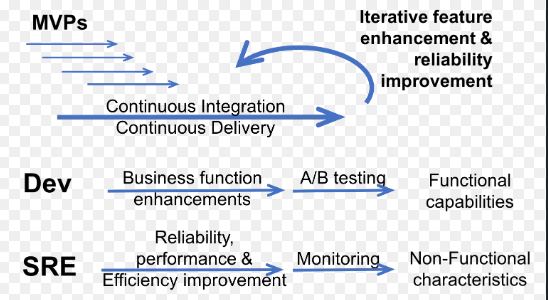
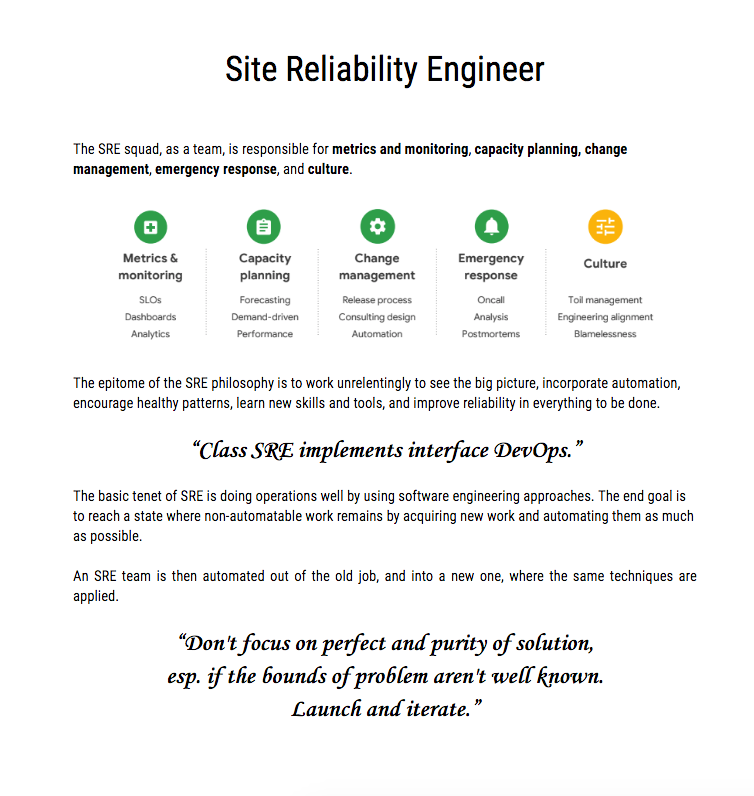
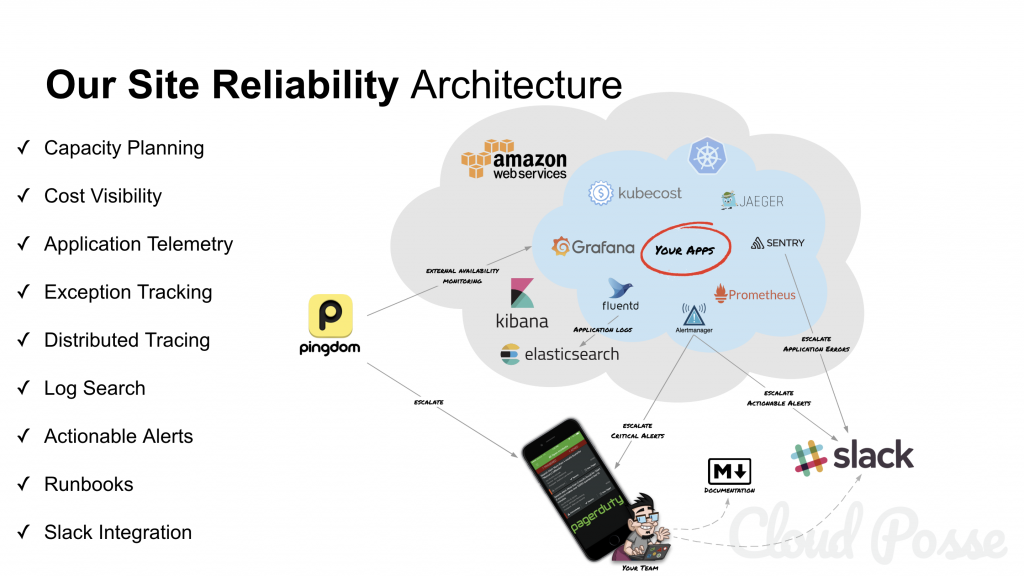
- How to remove sensitive warning from ms office powerpoint - July 14, 2024
- AIOps and DevOps: A Powerful Duo for Modern IT Operations - July 14, 2024
- Leveraging DevOps and AI Together: Benefits and Synergies - July 14, 2024

